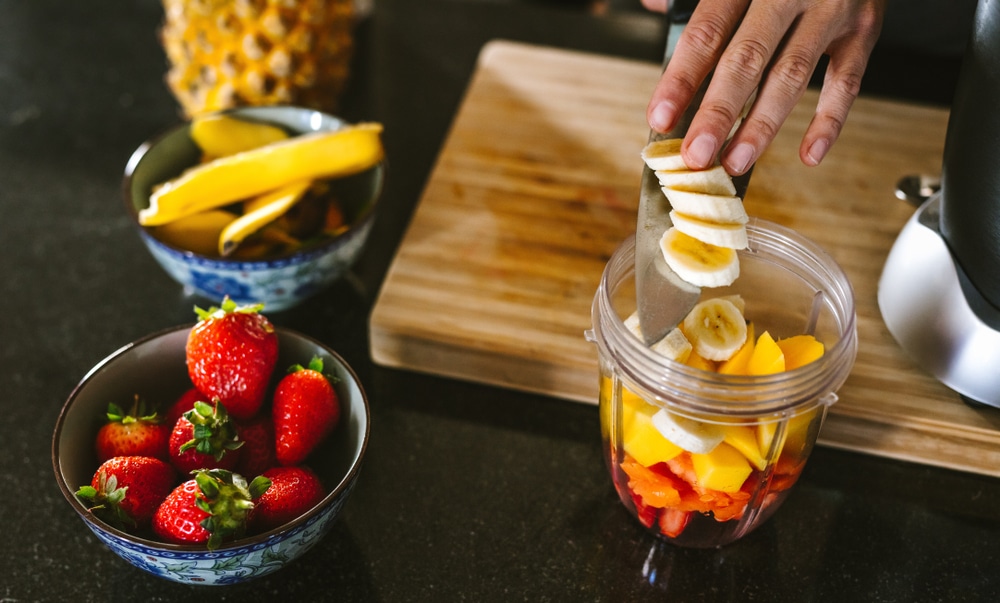
Fibre has a range of health benefits and can help promote weight loss.
Nutrition is an important part of the weight-loss journey, and if you have been through bariatric surgery (or are considering it), you will need to pay particular attention to your dietary choices. When choosing foods that are good for your overall health, it is advisable to opt for plenty of fresh, whole foods, and to incorporate adequate fibre into your diet. Read on to find out more about the importance of fibre, and where you can find it…
What is dietary fibre?
Fibre refers to any type of carbohydrate that cannot be digested by the body. Because it is not digested, the body does not use it for energy, and it moves from the stomach to the colon where it feeds gut bacteria. Fibre has a range of health benefits — it helps to alleviate constipation because it adds bulk to the digestive tract and stimulates the intestines, and it promotes blood sugar control. Foods that are high in fibre are also often low in calories and because they tend to slow digestion, they can make you feel fuller for longer. This is particularly helpful if you are trying to achieve and maintain healthy body weight.
Why eat fibre?
Incorporating adequate fibre into your diet is beneficial for your digestion and may even reduce the risk of certain chronic diseases. Some kinds of fibre can also help to reduce appetite because they increase the feeling of being full after eating.
Foods that are high in fibre often have a lower glycaemic index than refined and highly-processed carbohydrates. For this reason, eating fibre-rich foods may reduce spikes in blood sugar after a high-carb meal.
Although a fibre-rich diet can help to promote weight loss after bariatric surgery, it can be difficult to include enough fibre as you eat smaller meal portions. For this reason, it is important to consult with your dietician who will be able to customise a suitable eating plan for you.
What are some sources of fibre?
Fibre can be found in many fruits, including pears, strawberries, avocadoes, apples, raspberries, and bananas. Vegetables such as carrots, beetroot, broccoli, brussels sprouts, kale and spinach are also packed with fibre.
Certain legumes are also a great source of dietary fibre. Some good options include lentils, kidney beans, chickpeas and black beans. Besides their fibre content, these foods are also high in protein and other nutrients.
Grains that have a high fibre content include quinoa, which is also packed with protein and antioxidants; oats, which is high in vitamins and minerals; and popcorn, which is a low-calorie snack when prepared without oil or butter.
Certain nuts and seeds also make great fibre-rich snacks. Some nutritious options include almonds, chia seeds, walnuts, pumpkin seeds and sunflower seeds.
How can we help?
At Surgical Weight Loss Centre, we understand that nutrition is an important aspect of your post-operative care. We have a qualified dietician on our support team who is available to address any questions or concerns that you have regarding your post-surgical nutrition. She will also help to customise an eating plan that works for your lifestyle.
We also offer a range of vitamins and supplements that have been formulated to support the weight loss journey. These products are available online — take a look at the range here.
If you are considering weight loss surgery, or would simply like to find out more about the weight loss journey, we encourage you to come in and see us. To arrange an appointment to see us, give us a call on (07) 5556 8888 or get in touch here. We look forward to welcoming you to our practice and finding a treatment that works for you.